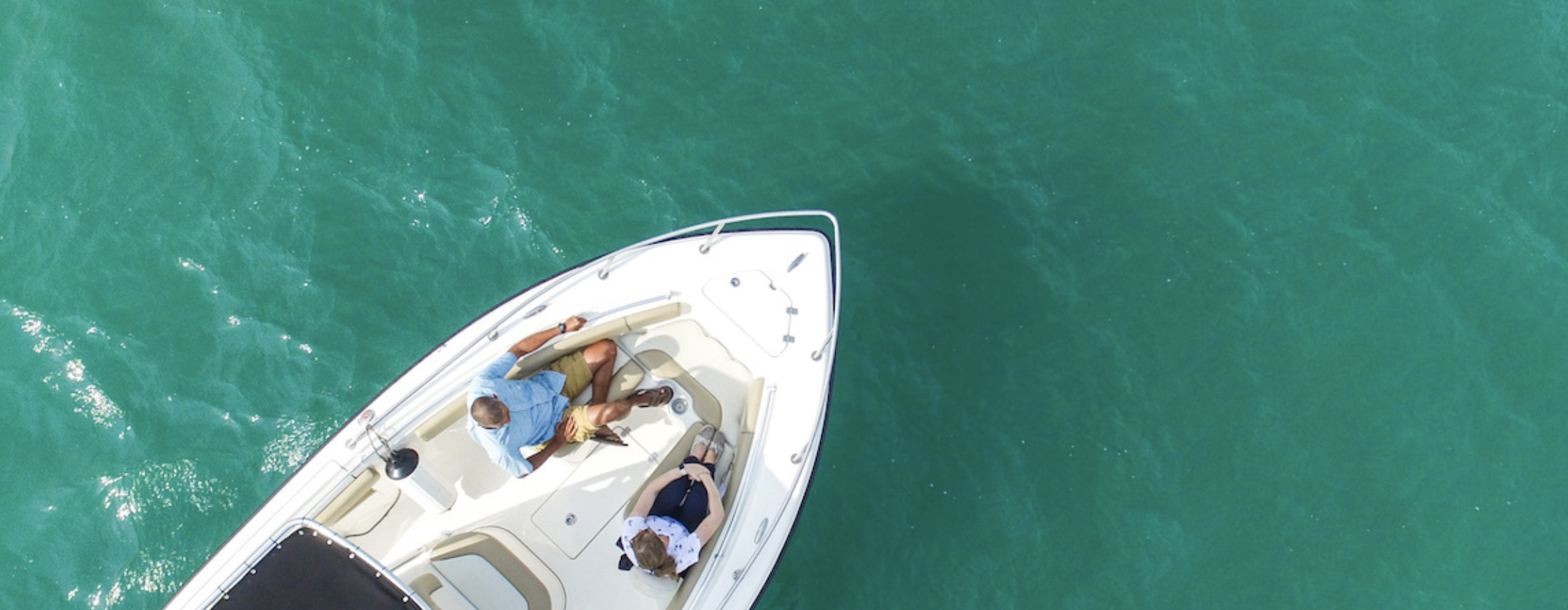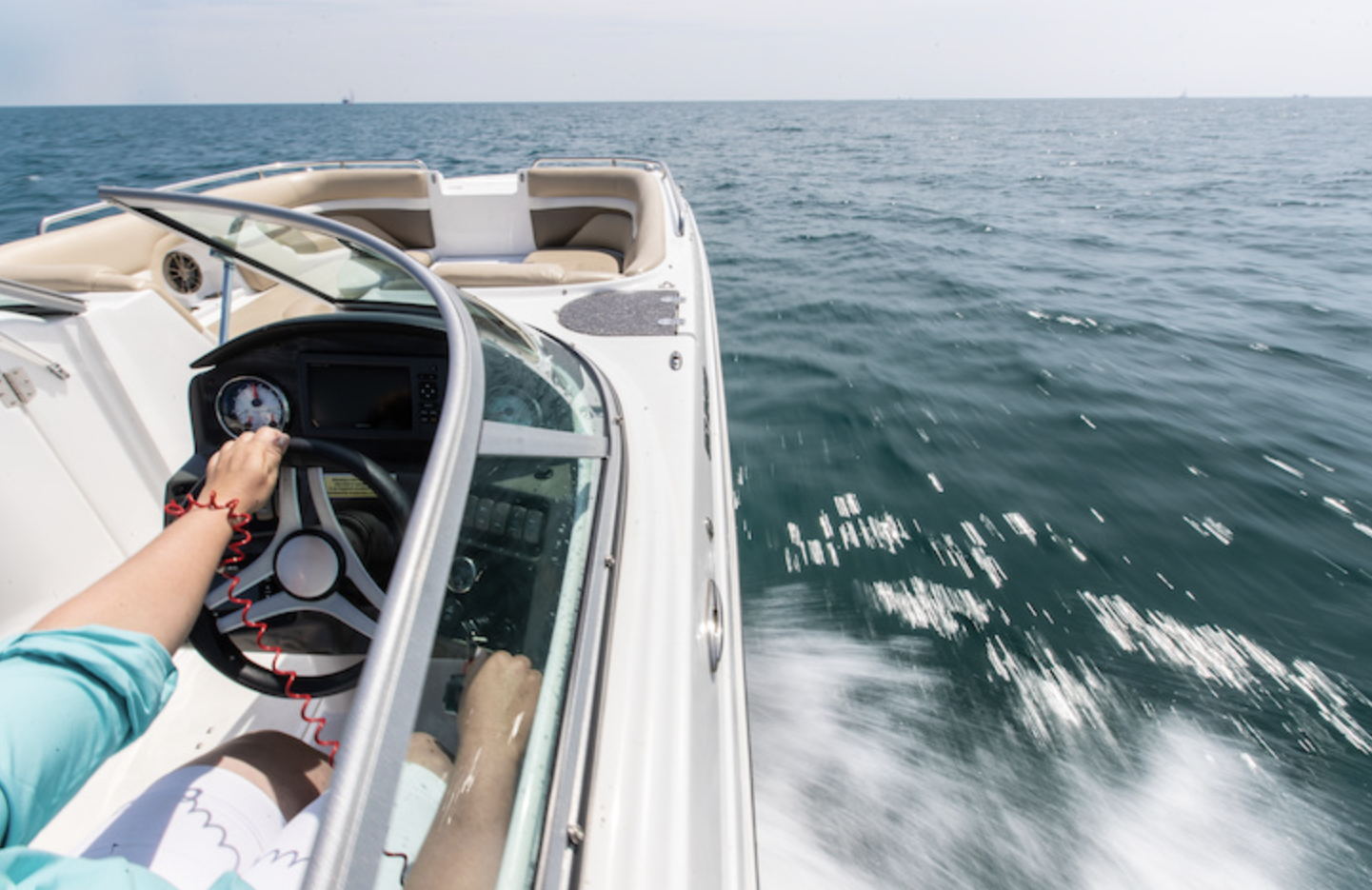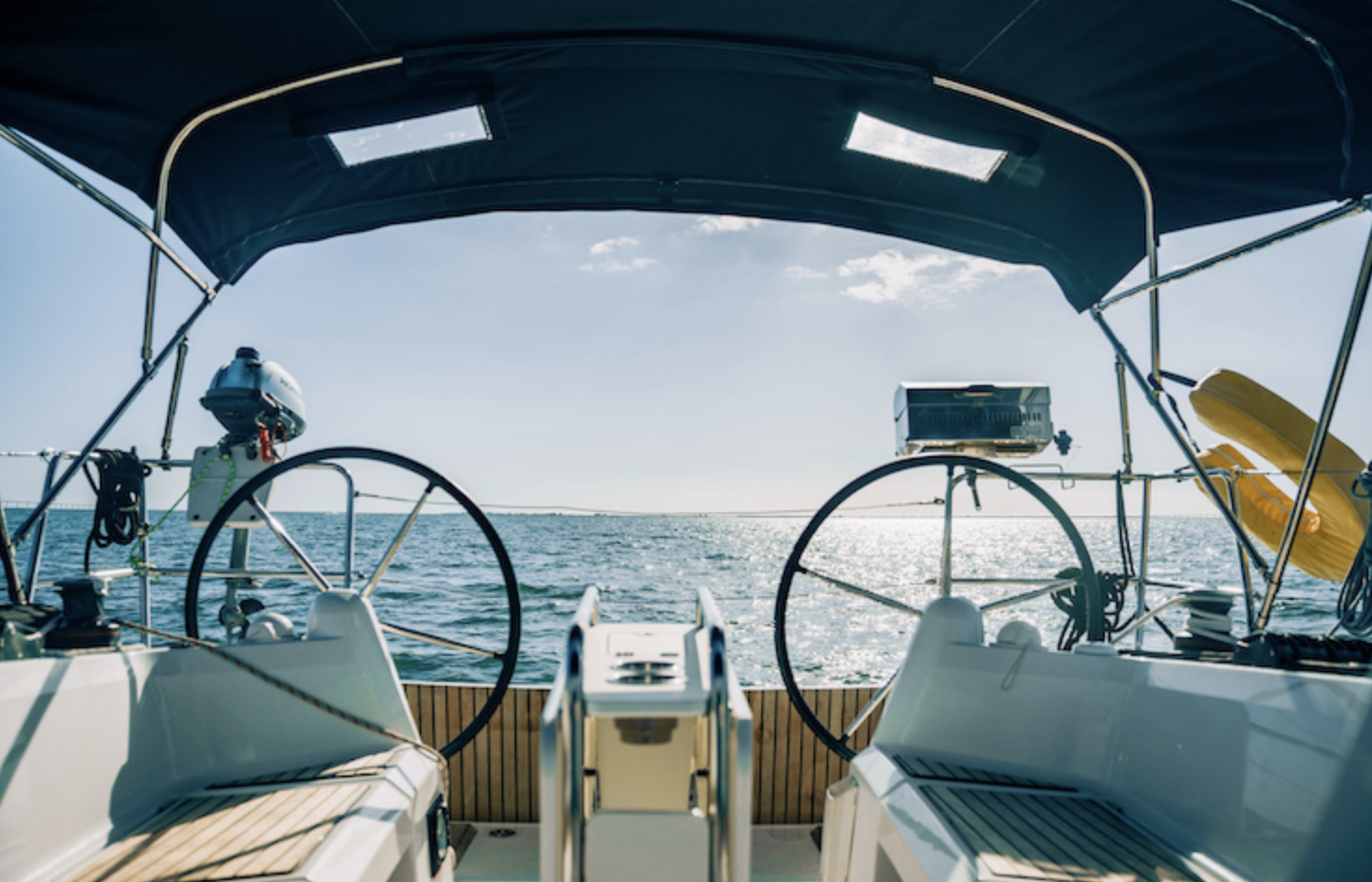9 Boat Loan Questions Answered

If you’ve perused our boat search tool and happened upon a boat you love, naturally, you want to make sure you choose the best way to finance it, if you can't pay all cash. To take the next step, first read all of BoatTEST's tutorials on boat financing.(https://boattest.com/boat-loan-boattest) This will give you a good lay of the land.
Forewarned is forearmed, so let's answer a few of your most likely questions--

Q: Should I pay cash or finance?
A: This depends on your overall financial situation and the cost of money. If you can afford it, we usually recommend that you pay cash. Then you won't have monthly loan payments on top of operating expenses. Yes, you will be paying your fixed-rate loan with cheaper dollars, but the lender has cranked that likelihood into the interest rate you are paying. Cheaper dollars cuts both ways if your income doesn't increase much over the term of loan. However, if you are in the early part of your career, count on making more money in the future.
Q: If I finance, how much do I have to put as a down payment?
A: For new boats the amount is typically 20%. If it is a used boat it may be 25-30%, depending on your loan source and the age of the boat. On a used boat, some lenders may require a lower down payment, but charge you a higher interest rate. You are always better off to put as much down on a boat as you can afford.
Q: How much extra equipment can I bundle into the boat loan?
A: That depends on the lender. Some may allow as much as 10% of the price of the loan.
Q: If I'm buying a used boat, can I finance new engines on the boat?
A: Lenders won't use your new engines as collateral; only your boat. So the answer to that questions depends on the boat's value and its marketability, because it, not the engines, are the collateral. Remember, lenders want to reduce their risk of default as much as possible.
Q: Do I need to prove to the lender that I can afford the boat loan and am a good risk?
A: The short answer is, yes. But we suggest that first you prove it to yourself. Write down your annual discretionary income, then from that deduct your normal spend on entertainment and other expenses that won't be curtailed just because you own a boat. Find out how much your normal boat operating expenses are going to be. Chances are they will be higher than you think.
In many parts of the country there is already a shortage of both slips and dry stack slots. Currently there is a buying feeding frenzy going on by large conglomerates buying up marinas. They know something you may not -- prices will be going up. Waterfront land is limited, and the owners of marinas will always be trying to be paid for its highest and best use.
Then there is boat insurance: The old rule of thumb was 1.5% of the value of the boat. But the last five hurricane seasons and large influx of new, inexperienced boat buyers have nudged rates up, never mind external financial considerations. Then there is the cost of scheduled engine maintenance. Having it done by dealers is expensive -- find out what that will be. And, your fuel cost needs to be figured in.
Now take this and add your monthly boat loan payment and see how you come out. Lenders will want you to report all of your income and expenses, your tax returns, etc., and they have algorithms that will tell them in a heart beat whether or not you can afford it. But, you should already know in advance.
Q: Is my credit score important?
A: Very. It will determine whether or not you can get a boat loan, and how much it will cost. There are some lenders who will lend to borrowers with lower credit scores, but at a price. And even they will only go so low. If you have a low credit score, but you have solid data to prove that you're a good risk, we urge you to make your case. You might find a lender willing to take a risk.
Q: Is it better to get a loan from a bank or through a loan broker?
A: It's complicated. Banks tend to have "hurtle" numbers that you must meet, or there is no cigar. On the other hand, if you have been a customer of a small bank, and have a relationship with them, you may be given a little slack. Also, some lending institutions, will have limits to how much they will lend at each risk level. So if they have a lot of well-performing loans at relatively moderate rates, they may allocate some loan money for slightly risker loans and a higher rate. So when you approach a bank or any single financial institution, you never know if they are maxed out of loans in your credit risk category or not.
That brings us to loan brokers. Typically they deal with from 10 to 20 institutions willing to make boat loans. All the institutions have different agendas, and those agendas change as they balance and rebalance their loan portfolios. It's the job of a loan broker to stay in touch with those money sources and place your loan at the institution which has the lowest rate for your risk level.

Q: Should I run my boat loan through the selling dealer?
A: That depends on where the dealer is trying to place the paper. If he has a relationship with a bank, say, one that is financing his floor plan, you may not meet that bank's financial requirements. If that happens, many dealers will go to a loan broker hoping that will be an avenue to a source less risk adverse. The dealer will get a commission whether he places the paper with a bank or a broker. So now there are two commissions involved, the broker's and the dealer's, this may or may not result in a higher rate for you because you have already failed the test of the flinty bank and you'll likely pay more whatever you do. The brokers guard their relationships with the dealers that bring them business, so going directly to the broker usually does not end up saving you any money. This is not an unusual practice in any business that has two or three-step distribution.
Q: How Long Can a Boat be Financed?
Q: This is another matter that separates some lenders from others. The length of term may be from 10 to 20 years for a new boat. For a used boat it depends on both the age and condition of the boat, and the lender's policies. Think in terms of ten years, with a possibility of 15 years in some cases.
For those with a lot of cash wrapped up in stocks, some institutions will happily use that as collateral for a loan at prime or even below prime for any purpose. This will be your cheapest money and least hassle. But of course, it takes money to save money.